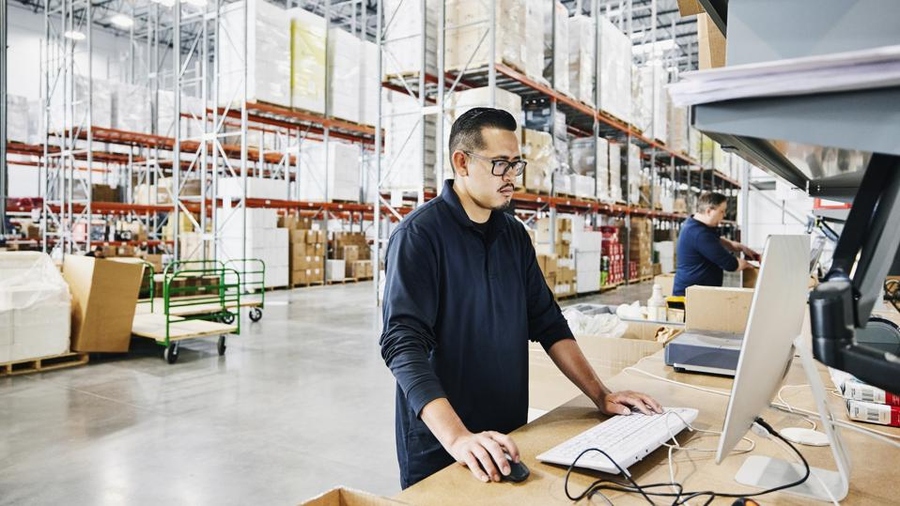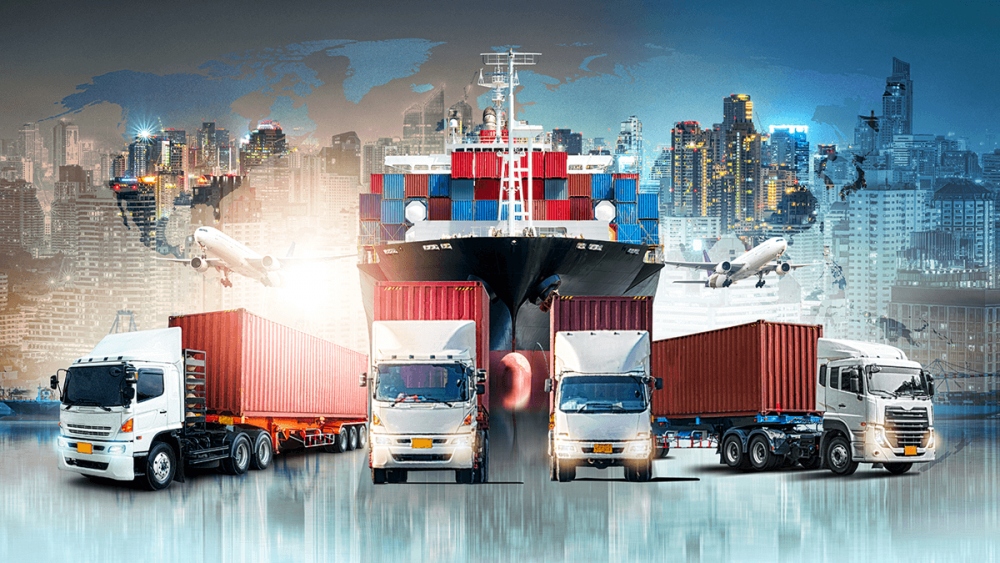Comments
- No comments found

Supply chain management is a major part of any e-commerce business.
As your business grows and market demand increases, logistics challenges arise. Businesses worldwide face the same challenges of supply chain management, with transportation costs increasing and customer expectations changing.
That said, the demand for third-party logistics is rising because of the continuous growth of the e-commerce market. The global 3PL market is expected to cross 1.75 trillion dollars by the year 2026, which was earlier around 1 trillion dollars in 2020. Now, you might wonder, “What is 3PL?” A 3PL provider is a company that provides logistics services to businesses. Let’s discuss how these third-party logistics companies are solving major challenges in the global industry.

Let’s say you are a company that manufactures bicycles in China and wants to sell them to customers in Europe. You will need to handle international shipping and customs regulations and make sure your bikes arrive at the destination on time and undamaged. Taking care of all the logistics processes is not always easy for businesses that don’t have the expertise in this field. Here are some of the major logistics challenges businesses face globally:
Running a business is not easy. It requires time, effort, and expertise to succeed and outrun the competition. Unless your core competency is logistics, it can be tough to become an expert in every aspect of getting your product from point A to point B and maybe even C, D, and E across the globe. In such cases, building an in-house logistics team with the necessary skills to handle global shipping may not always be possible. This is particularly true for many startups.
Even if you have a logistics team, their processes might be outdated or inefficient. This can cause delays and errors. A delayed delivery can frustrate a customer, making a negative impression about your business.
As your business grows, your logistics needs will also increase. But how do you make sure that your customers continue to receive the same level of service as you scale your operations? Scaling your in-house logistics operations to meet this growing demand can be tricky. You might struggle to maintain the same service quality you pride yourself on in the early days.
You might want to grow your business in new locations after a certain stage. But expanding into new markets comes with a whole new set of logistical challenges. You will need to handle unfamiliar customs regulations, find reliable partners, and build new shipping routes.
Shipping internationally can be a challenge. Flight cancellations, delays at ports, and continuously changing trade regulations can all wreak havoc on your planned shipments. Because of this, your delivery timelines can change, resulting in frustrated customers.
Fortunately, there is a solution to these challenges. We are talking about third-party logistics providers. Fluctuating sales cycles, a mountain of international regulations, and technological incompetencies can ruin a company’s logistics strategy. 3PL providers specialize in a variety of supply chain management services, from warehousing and transportation to packaging and fulfillment. Partnering with them means getting the expertise, resources, and technology businesses need for smooth operations.
Here’s how 3PLs help businesses overcome the challenges mentioned above:
Third-party logistics providers have enough expertise to handle the challenges of global logistics. They have a team of experts who can handle everything from customs clearance to freight forwarding. They stay updated with the latest customs regulations, import/export restrictions, and tax laws so your shipments get through customs quickly and successfully.
3PLs provide businesses the flexibility to scale their operations up or down based on demand. Businesses only pay for the services they use, eliminating the need to invest in infrastructure and resources that may not be needed all the time.
Many already established 3PLs have invested heavily in advanced transportation management systems and warehouse management systems. These systems provide immediate access to your entire supply chain so you can track inventory levels, monitor shipments, and identify problems before they disrupt your operations.
Global logistics is a challenging market. However, by partnering with a 3PL, you can use their expertise, resources, and technology to overcome these challenges and achieve your global business goals. They will help you save money on transportation, warehousing, and other logistics costs. When your products are delivered on time and in good condition, your customers will automatically be happy and satisfied.
Leave your comments
Post comment as a guest